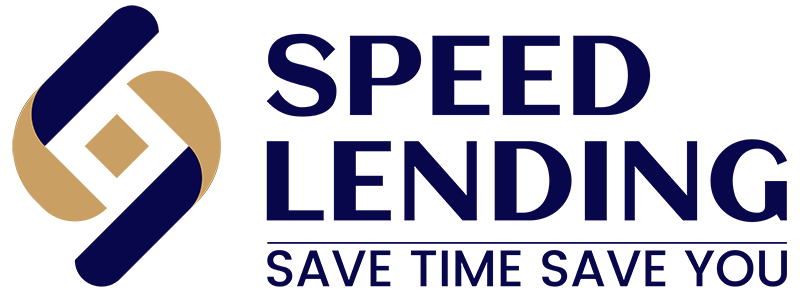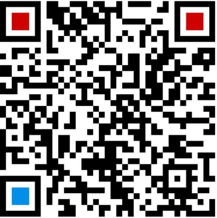While the US economy is seen as a leading indicator for the world, the US Fed may not necessarily be the first major central bank to start cutting interest rates. However, domestic growth conditions remain the primary factor in any central bank’s decision on rates.
What’s the latest status on inflation?
This month saw market volatility as a result of hotter than expected inflation data from the US.
On the day the news broke, the S&P 500 Index (SP: .INX) closed 1% lower and the Nasdaq Composite Index (NASDAQ: .IXIC) declined by 0.8%.
The S&P/ASX 200 Index (ASX: XJO) dropped 0.44% the following day and experienced an additional 2.57% decline over the next three trading sessions.
Major bank stocks also saw significant declines during this four-day period. Commonwealth Bank of Australia Ltd (ASX: CBA) shares plummeted by 5.08%, while National Australia Bank Ltd (ASX: NAB) shares fell by 3.67%.
Markets reacted negatively to the news, as persistent inflation could push back the US Fed’s first interest rate cut. This may have repercussions for the global economy and could also affect the timing of interest rate cuts by other central banks.
When will the RBA cut interest rates?
We anticipated that the Reserve Bank of Australia (RBA) would begin reducing rates in June, but there is a risk of a delay (potentially until August). The RBA seems hesitant to lower interest rates without clearer evidence of a decrease in inflation.
Looking to purchase an investment property? Speed Lending is here to assist you every step of the way. To explore your options, please contact us at 02 9758 2182, email us at info@speedlending.com.au, or fill out our online form.


